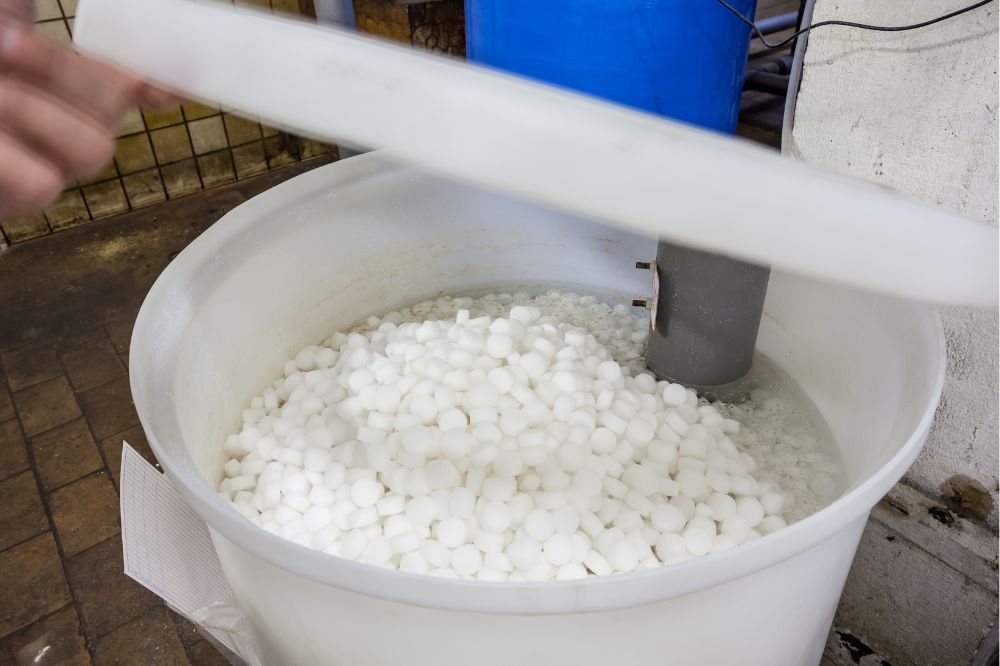
Can You Put Too Much Salt in Your Water Softener?
Yes, you can put too much salt in your water softener, and it can cause problems. Overfilling the brine tank can lead to inefficiencies, salt buildup, and even system damage.
Let’s explore how water softeners use salt, why proper levels are essential, and how to avoid common issues.
How Water Softeners Use Salt
Water softeners rely on salt to regenerate the resin beads inside the system. These beads trap hard minerals like calcium and magnesium, replacing them with sodium ions.
While salt is crucial, adding too much won’t enhance the system’s performance.
- Excess salt doesn’t speed up regeneration. Instead, it can clog your brine tank.
- It leads to waste, as the system can only process a set amount of salt per cycle.
- Over time, undissolved salt can form clumps or cause blockages.
By maintaining the correct salt level, you ensure your water softener runs efficiently.
Signs You May Be Using Too Much Salt
How can you tell if you’ve gone overboard with salt? Here are some clear signs:
- Salt bridges: A hardened crust forms at the top of the salt, preventing it from dissolving.
- Salt mush: Excess salt settles at the bottom, creating a sludge-like substance.
- Inefficiency: Your system may fail to soften water despite adequate salt levels.
Regularly inspecting your brine tank can help catch these issues early.
If you notice persistent problems, it may be time to consult a professional like AZIP for expert assistance.
The Role of Proper Salt Levels in Efficiency
Maintaining the right amount of salt is key to extending the lifespan and efficiency of your water softener.
- Optimal resin regeneration: Too much or too little salt can disrupt the ion exchange process.
- Avoiding overloading: Overfilled brine tanks strain the system and may reduce its durability.
- Consistent soft water: Balanced salt levels ensure your water remains free of hard minerals.
To achieve this, follow your system’s specific guidelines or reach out to AZIP for personalized advice.
What Happens if Too Much Salt Is Added?
Adding excess salt might seem harmless, but it often causes more harm than good:
- Clumping and solidification: Overfilled tanks can lead to hardened salt masses, which block the brine system.
- Operational challenges: A clogged system struggles to regenerate, leaving hard water untreated.
- Salt waste: You’ll end up spending more money on salt that doesn’t improve performance.
To prevent these issues, always measure the salt levels and keep the tank only half-full. If unsure, consider scheduling an inspection with AZIP.
How to Determine the Correct Salt Amount
Getting the salt balance right isn’t complicated if you follow these steps:
- Check the tank regularly. The ideal salt level is about half-full, allowing room for proper dissolution.
- Follow manufacturer guidelines. These will specify the salt type and amount for your model.
- Monitor usage patterns. Adjust salt levels based on household water consumption.
Consistency is key! Need help optimizing your setup? AZIP can help fine-tune your system for peak performance.
Understanding Salt Bridges and How to Prevent Them
Salt bridges can be frustrating, but with preventive care, you can avoid them entirely:
- Use high-quality salt. Pellets or solar salt dissolve better and reduce the risk of bridges.
- Don’t overfill the tank. Leave space to allow for proper salt movement.
- Break up deposits. Periodically check for hardened layers and stir them gently.
If salt bridges persist despite your efforts, AZIP can provide cleaning services to restore your system.
Is It Ever Okay to Overfill the Salt Tank?
While it’s generally not recommended, there are rare exceptions when overfilling might make sense:
- Preparing for extended absences. Adding slightly more salt ensures the system runs while you’re away.
- High water usage periods. Temporarily adding more salt can help meet increased demand.
Even in these cases, moderation is vital to avoid clogs. For tailored advice, reach out to AZIP’s team of professionals.
Maintenance Tips for Avoiding Salt Issues
Regular maintenance is the best way to prevent salt-related problems:
- Clean the brine tank. Empty and rinse it every 6–12 months to remove debris.
- Stick to appropriate salt types. Using the wrong kind can lead to residue buildup.
- Monitor water usage. Adjust salt levels based on seasonal or household changes.
By staying proactive, you can keep your water softener functioning at its best. Visit AZIP’s website for more maintenance tips.
Common Mistakes When Adding Salt to Your Softener
Avoid these common pitfalls to keep your water softener running smoothly:
- Overfilling the tank. Leads to clogs and wasted salt.
- Using the wrong salt. Rock salt, for example, often leaves more residue than softer alternatives.
- Neglecting regular checks. Salt levels should be monitored monthly to prevent imbalances.
Have questions? The experts at AZIP are here to help.
When to Consult a Professional for Salt Issues
Sometimes, DIY efforts aren’t enough. Contact a professional if you notice:
- Persistent clogs or salt bridges.
- Inefficient softening despite proper maintenance.
- Suspected system damage from misuse.
Professionals offer comprehensive repair and maintenance services to address any water softener challenges.
Final Thoughts
Adding too much salt to your water softener can cause inefficiencies, clogs, and unnecessary expenses. By maintaining proper salt levels and performing regular maintenance, you ensure your system functions effectively for years to come.
If you’re struggling with salt issues or want expert advice, AZIP is your go-to partner for all water softener needs. Don’t wait—optimize your system today!
FAQ
What happens if I don’t use enough salt in my water softener?
Without enough salt, the resin beads won’t regenerate properly, leading to hard water. For guidance, visit AZIP’s website.
How often should I refill my water softener with salt?
Check your brine tank monthly and refill it as needed. The frequency depends on your water usage. Learn more from AZIP’s maintenance tips.
Can I use any type of salt in my water softener?
Not all salts are equal. Use high-quality pellets or solar salt for best results. Unsure what’s right? Contact AZIP for recommendations on the correct salt to use.

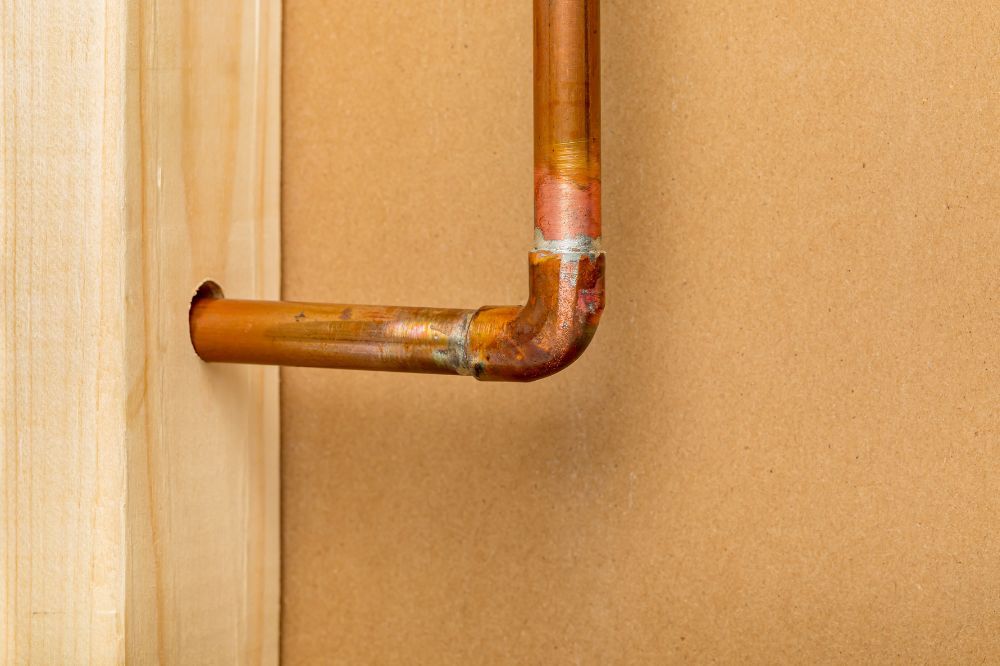
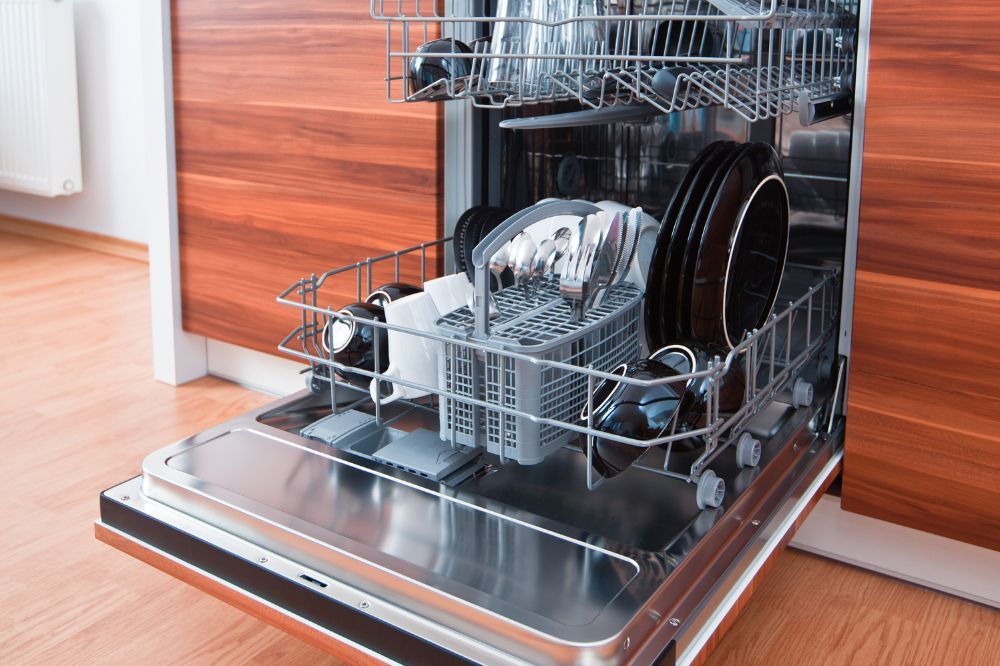


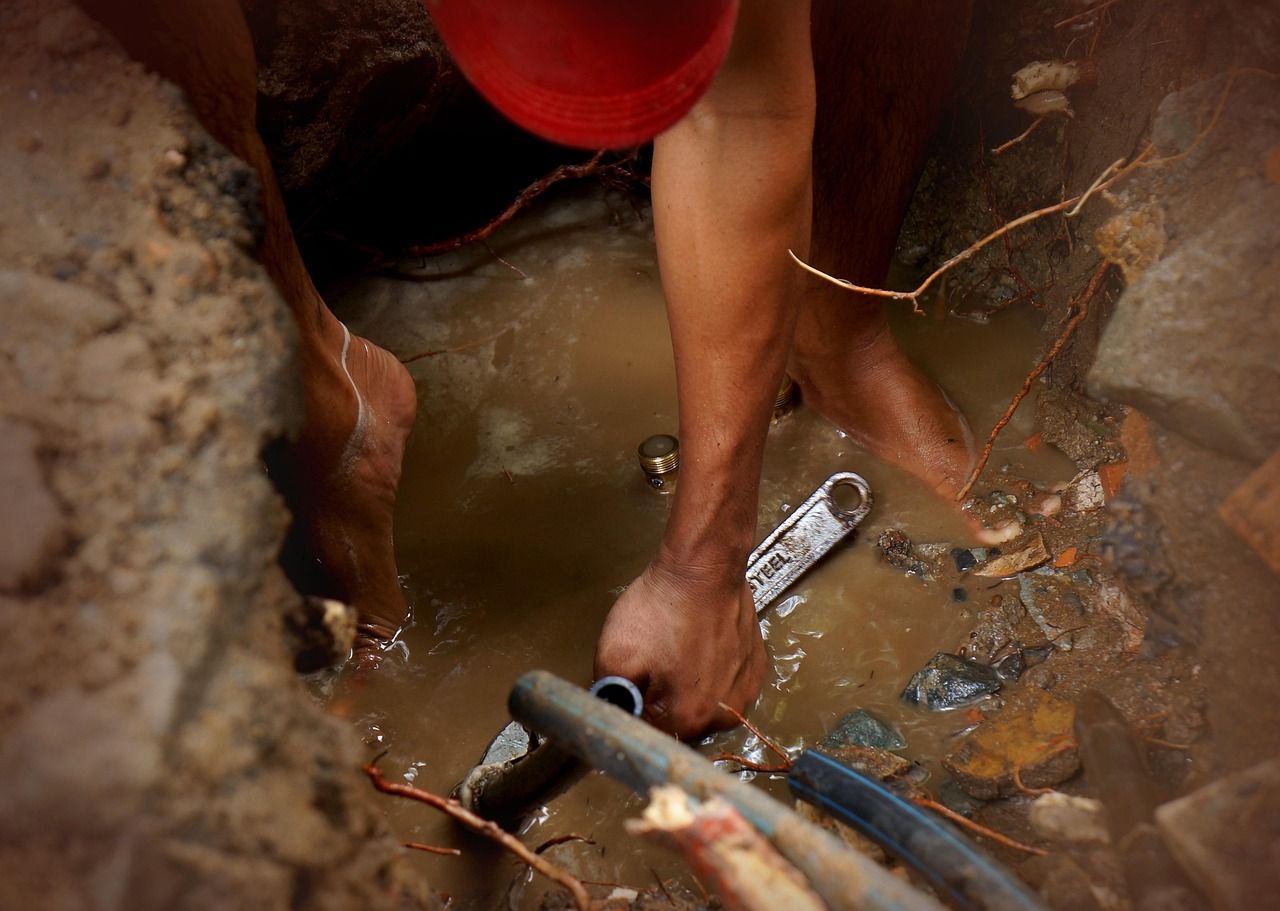
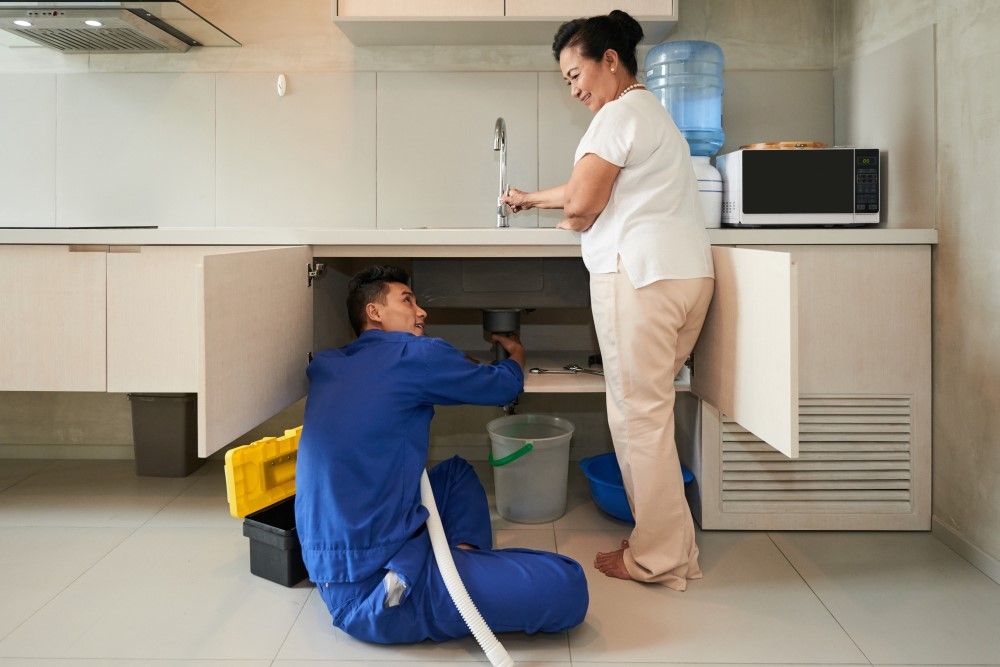



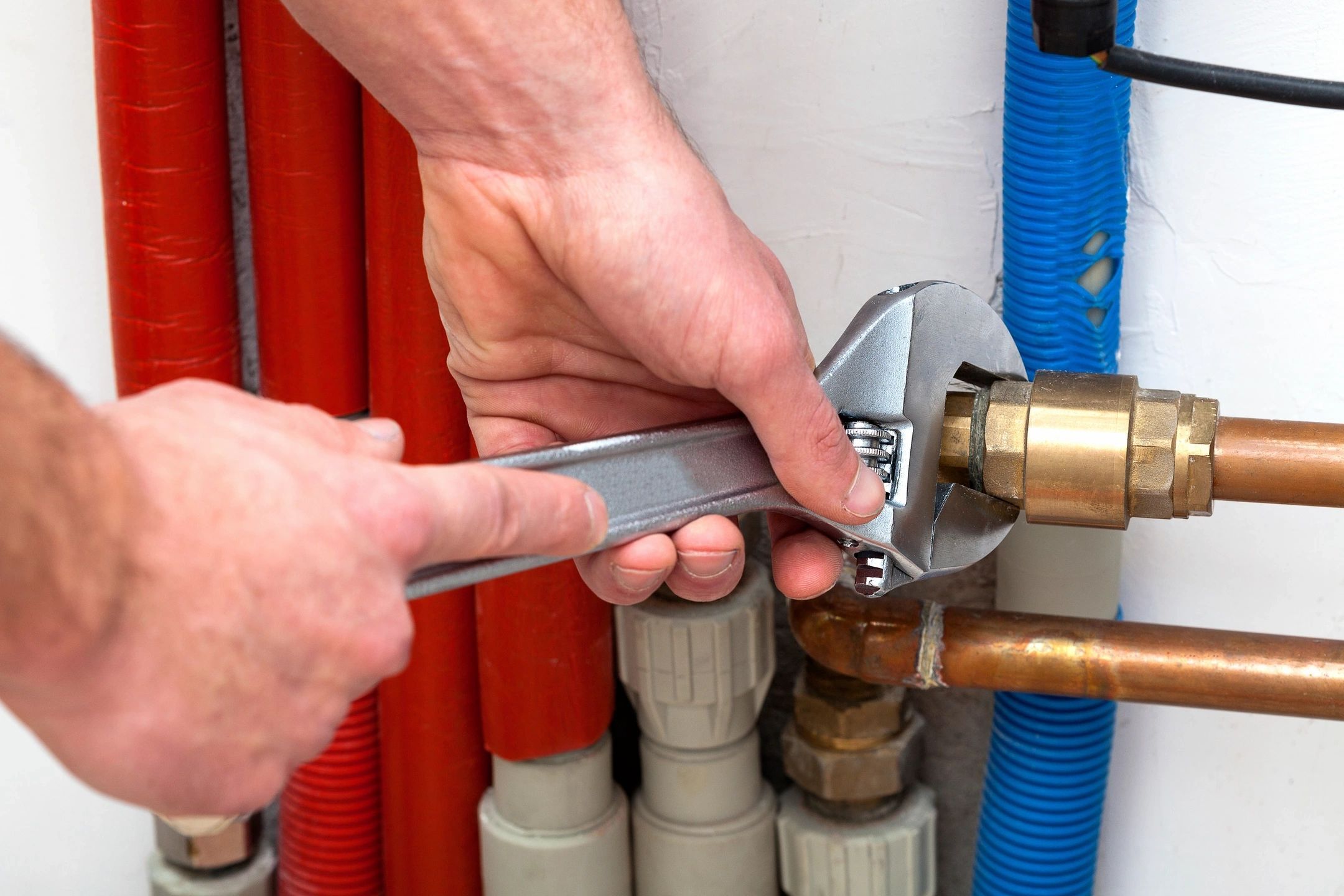

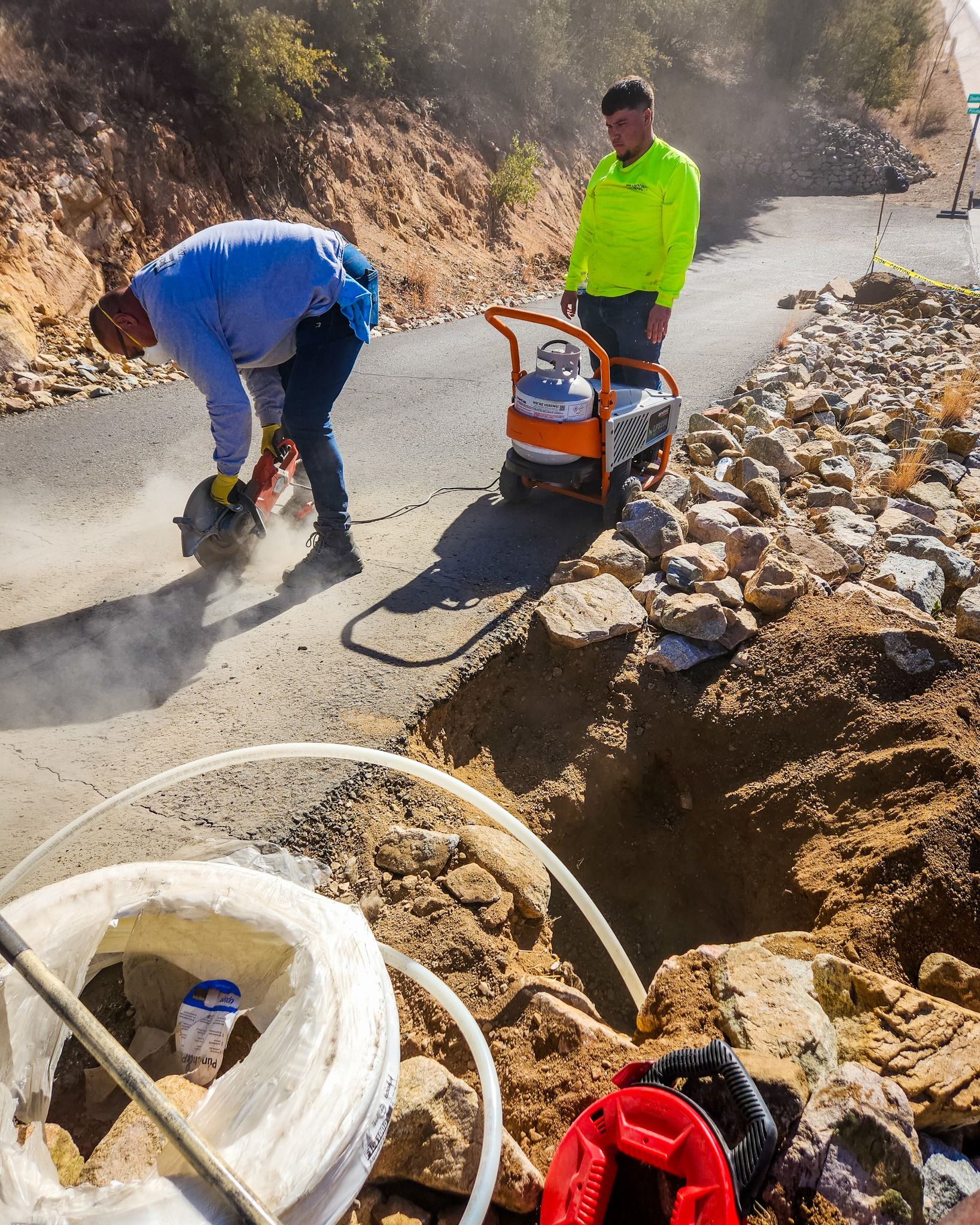
 Hi! How can i help you?
Hi! How can i help you?